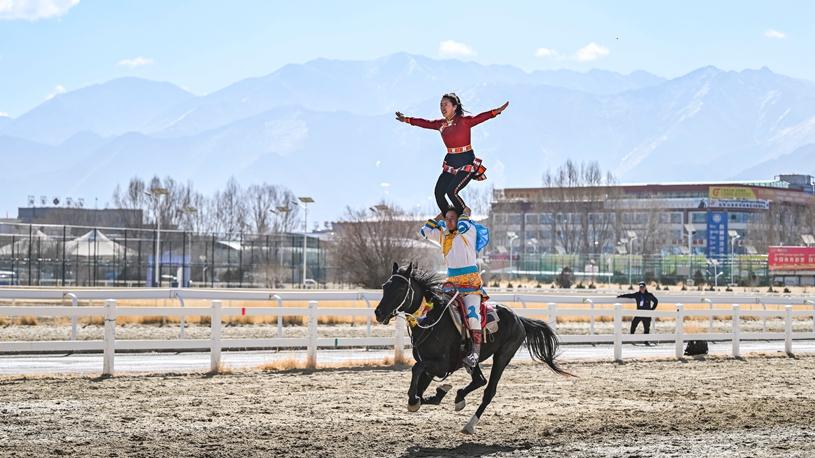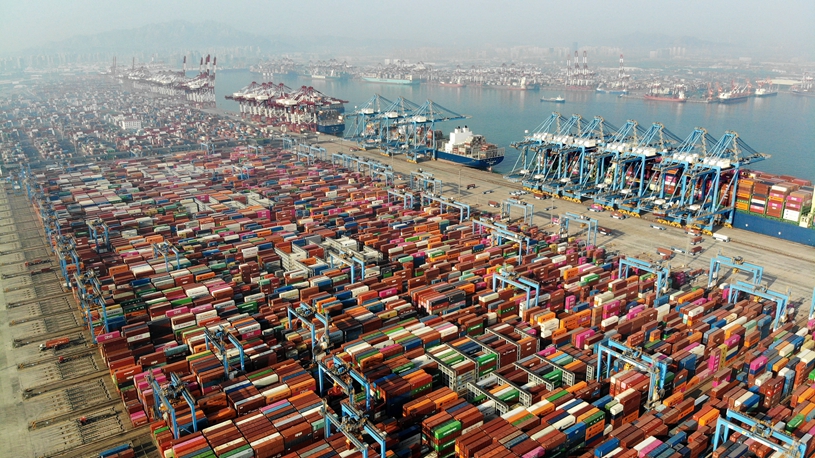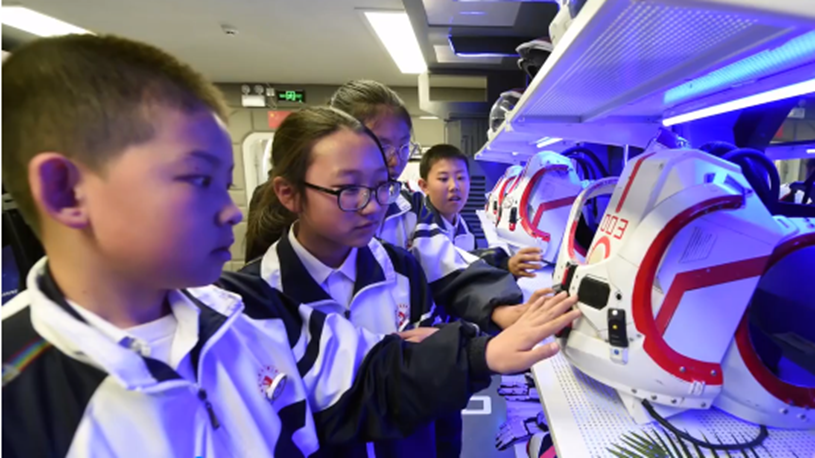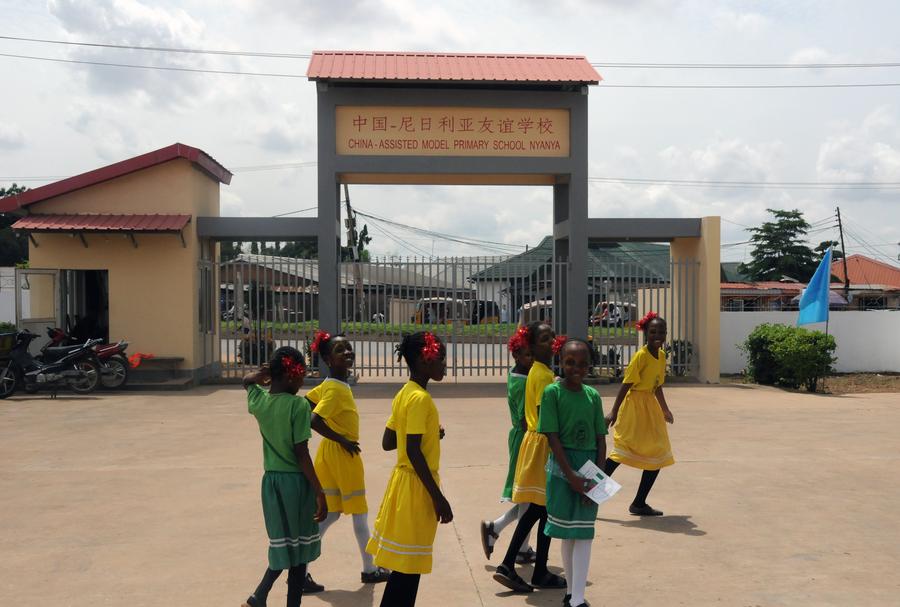
China-Africa cooperation in education and vocational training is "very important", and plays a critical role in augmenting Africa's human capital, particularly the continent's burgeoning youth population, to ultimately contribute to Africa's socio-economic development, a senior African Union official said.
ADDIS ABABA, Feb. 16 (Xinhua) -- China-Africa cooperation in education and vocational training is "very important" and a critical enabler for human capital development in Africa, a senior African Union (AU) official has said.
Speaking to Xinhua on Wednesday, Albert Muchanga, the AU commissioner for Economic Development, Trade, Tourism, Industry and Minerals, expressed his high expectations with regard to further strengthening China-Africa ties in human capital development in line with China's continued commitment to supporting African countries in talent development.
"China and Africa are cooperating very, very well. We have continuous engagements and there are frameworks for collaboration," Muchanga told Xinhua on the sidelines of the 44th Ordinary Session of the Executive Council of the AU on Feb. 14-15 at the AU headquarters in Addis Ababa, the Ethiopian capital.
"A lot of our young students are benefiting through scholarships, studying in China. Some of them are attending universities and others are in technical and vocational colleges," he said.
"It (China-Africa cooperation in the education sector) is very important, and we encourage it to continue," the AU commissioner said, underscoring the critical role of cooperation with China in augmenting Africa's human capital, particularly the continent's burgeoning youth population, to ultimately contribute to Africa's socio-economic development.
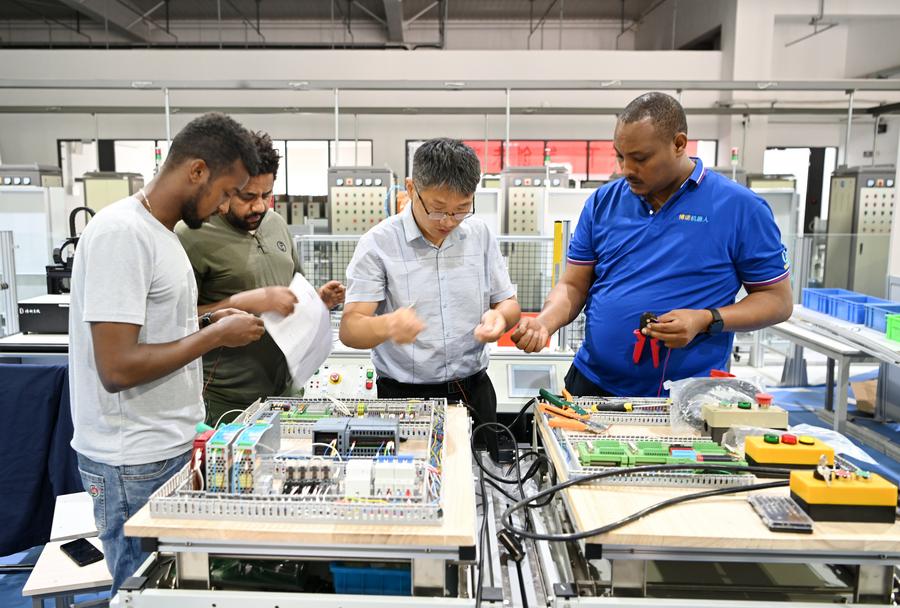
By 2030, nearly one in two young people globally will be African, but the evolving population dynamics are not matched with vital skills for Africans to fully participate in a changing workforce, said Claver Gatete, executive secretary of the United Nations Economic Commission for Africa.
Speaking of the recent promises made by the Chinese government to further strengthen its support to African countries in talent development, Muchanga commended China's continued support of Africa as the continent embarks on tapping into its demographic dividend potential.
"It is going to further develop," Muchanga said, referring to the future prospects of the ever-expanding China-Africa cooperation in the education and vocational training sector.
"When African and Chinese leaders met in August last year, one of the three areas emphasized was human capital development. So, the collaboration is going to increase," he said.
At the China-Africa Leaders' Dialogue in August last year in Johannesburg, South Africa, China announced that it would launch the Plan for China-Africa Cooperation on Talent Development, aiming at training 500 principals and high-caliber teachers of vocational colleges, and 10,000 technical personnel with both Chinese language and vocational skills for Africa every year.
This year's AU summit was held under the theme "Educate an African fit for the 21st Century: Building resilient education systems for increased access to inclusive, lifelong, quality, and relevant learning in Africa."
According to the AU, the theme recognized the need to intensify continental efforts aimed at bridging the gaps towards the attainment of Africa's education-related objectives as outlined in the AU's 50-year continental development blueprint, Agenda 2063.■


